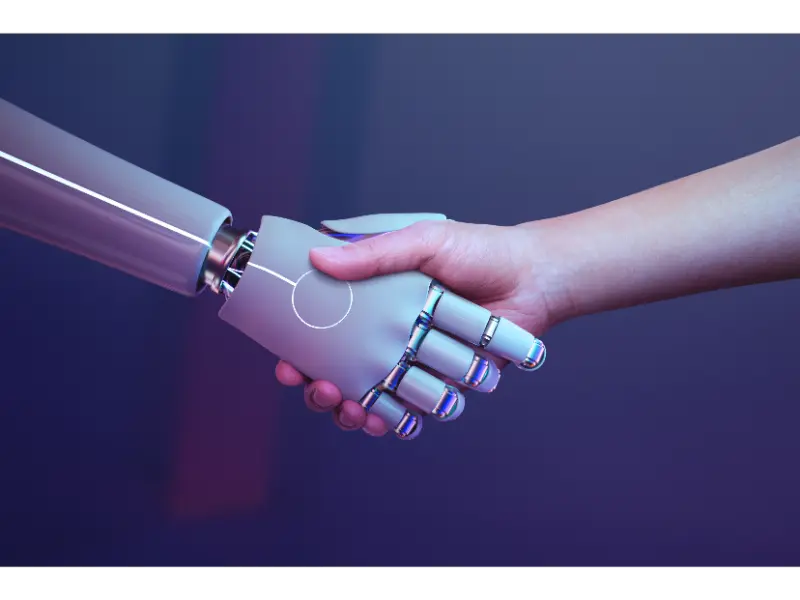- Ensuring fairness requires developing unbiased algorithms and diverse, representative training datasets to mitigate these ethical dilemmas.
- AI systems can perpetuate societal biases, leading to discrimination, necessitating the development of unbiased algorithms and diverse training datasets to ensure fairness.
- AI-powered surveillance enhances monitoring capabilities but raises privacy concerns and risks of misuse.
OUR TAKE
AI poses risks to humanity by potentially perpetuating biases, enabling autonomous weapons, eroding privacy, causing job displacement, and increasing economic inequality.
–Alaiya Ding, BTW reporter
AI systems can perpetuate societal biases, leading to discrimination. Addressing this requires developing unbiased algorithms and diverse datasets to ensure fairness and reduce the risk of harm.
AI and ethical dilemmas: The challenge of bias and discrimination
Artificial intelligence (AI) systems, particularly those based on machine learning, are trained on vast datasets that often reflect existing societal biases. When these biases are embedded in AI algorithms, they can perpetuate and even amplify discrimination against certain groups. For example, facial recognition technology has been shown to have higher error rates for people with darker skin tones. This can lead to wrongful arrests and other serious consequences. Moreover, AI systems used in hiring processes may inadvertently favor certain demographics over others based on biased training data, leading to unfair employment practices.
Also read: AI governance is critical for the benefit of humanity
Also read: The many ways AI impacts your morning coffee
Autonomous weapons and the threat of AI in warfare
The development of AI-driven autonomous weapons poses a significant risk to humanity. These weapons, capable of making decisions without human intervention, raise ethical and security concerns. Autonomous weapons could potentially be used in conflicts, leading to unintended escalations and civilian casualties. The lack of accountability and the possibility of these weapons falling into the hands of rogue states or non-state actors further exacerbate the risks. International regulations and treaties are necessary to govern the use of AI in military applications.
AI-driven surveillance and privacy erosion
AI technologies have significantly enhanced the capabilities of surveillance systems, raising concerns about privacy erosion and the potential for misuse. Governments and corporations can use AI-powered surveillance tools to monitor individuals’ activities, leading to an invasion of privacy and potential abuse of power. For instance, AI algorithms can analyse vast amounts of data from cameras, social media, and other sources to track individuals and predict their behavior. This level of surveillance can stifle freedom of expression and lead to a surveillance state. Protecting privacy needs robust regulations and oversight mechanisms to ensure that AI surveillance technologies are used responsibly and transparently.
Economic disruption: Job displacement and inequality
AI-driven automation can perform tasks traditionally done by humans, from manufacturing to customer service, more efficiently and at lower costs. While this can lead to increased productivity and economic growth, it also poses a significant risk to low-skilled workers who may find their jobs replaced by machines. This displacement can widen the income gap and exacerbate social inequalities.

